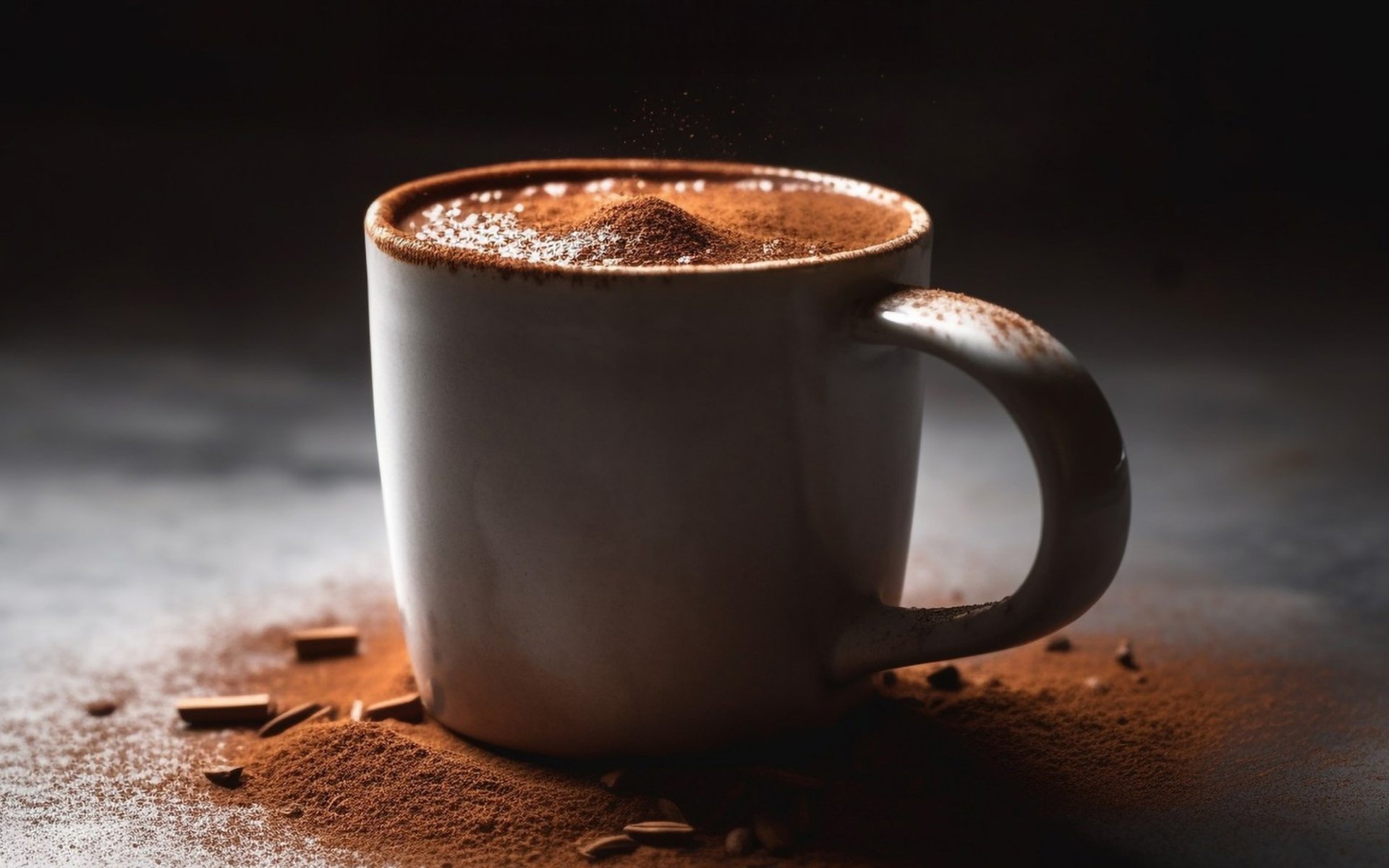Cocoa Powder

Many cocoa lovers may have experienced the situation where they feel heart palpitations after drinking cocoa but don't know the cause. Recently, a TikTok user shared a cautionary tale about experiencing heart palpitations after drinking cocoa. Today, we want to introduce you to the different types of cocoa powder and which ones are suitable for beverages.
Many people might think there's only one type of cocoa powder. Sometimes, when selecting, we don't pay attention, and then we buy just one type and use it for both drinks and baking. But did you know that there are various types of cocoa powder available, and each type is suitable for different uses?
The Cocoa Powder Production Process: From Bean to Fine Powder
Cocoa powder is derived from cocoa beans. But before it can be extracted into a powder, it must go through several processes. First, ripe cocoa beans are fermented for 5-7 days. After fermentation, the cocoa beans are dried to reduce their moisture content.
Once the desired quality of cocoa beans is achieved, they are roasted until the husks fall off, resulting in small, dark brown, bitter, and aromatic cocoa pieces called Cocoa Nibs. After that, the cocoa nibs are ground at high speed to produce Cocoa Liquor, which contains approximately 53-55% Cocoa Butter. Here, Cocoa Liquor does not refer to an alcoholic beverage but rather a thick cocoa paste that can be pressed into cocoa powder.
The Difference Between Cocoa Powders: Natural vs. Dutch Process
To make cocoa powder, Cocoa Liquor is pressed again to separate the fat. The pressed cocoa is then ground and sifted in the final step to form cocoa powder. The resulting cocoa powder contains about 0-24% fat, with the amount depending on how much fat is extracted. Cocoa obtained from this process is called Natural Cocoa Powder. It is light brown and acidic, commonly used in baking. However, for baking, it should be used with Baking Soda to reduce its acidity. Therefore, this type of cocoa is usually not preferred for beverages.
The second type is called Cocoa Dutch. This type of powder was invented by Mr. Van Houten, a Dutch chemist who sought to discover new flavors of cocoa. He transformed natural cocoa powder into Cocoa Dutch through the Dutch Process, which involves adding potassium carbonate during the production phase before pressing to separate fat and making it into cocoa powder. This method results in cocoa powder that is darker in color, less bitter, has a mellow, chocolate-like flavor, a pleasant aroma, is easy to consume, and dissolves well in water, making it the preferred type for beverages.
Why Do We Get Heart Palpitations After Drinking Cocoa?
Now, many of you probably understand the differences between cocoa powders. Therefore, the reason for heart palpitations might be that you've chosen the wrong type of cocoa powder. However, this is not the only factor that can cause heart palpitations. In fact, cocoa also contains caffeine. Consuming too much cocoa or making it too strong can also lead to palpitations.


